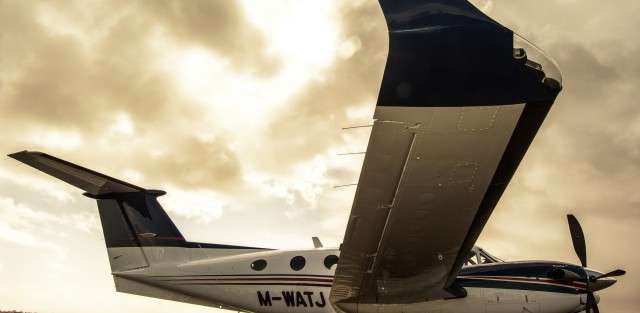Airfoil

Airfoil refers to the shape of a jet rentals wing, blade or sail, basically anything that provides an aerodynamic force when passing through a flow of air. This movement creates lift and drag.
Lift as a Direction of Motion
Lift is created when an airfoil is used to create a force that is perpendicular to the oncoming flow direction. In other words, an airfoil can create lift by exerting a downward force on the air as it moves through it. According to Newton’s third law, this would mean that the air must exert and equal and opposite force on the airfoil, sending it upward. The amount of lift generated depends on:
- Angle of attack
- Shape of the airfoil being used
- The density of the air
- Airspeed
The Components of an Airfoil
All commercial aircraft and jet rentals are manufactured with airfoil in mind. Airfoils are more efficient shapes than flat boards and are able to generate more lift with less drag. Some of the common terms used when designing an airfoil include: Mean camber line – an imaginary line drawn from one end of the airfoil to the other that separates the top section from the bottom and follows the curve of the airfoil. Chord line – the chord line runs from one end of the airfoil to the other and does not follow the curve. Maximum thickness – used to measure the thickest part of the airfoil. It’s typically measured as a percentage of the chord. Aerodynamic centre – this is known as the site on the chord when the pitching movement is free from the angle of attack and lift coefficient.
Airfoil refers to the shape of a jet rentals wing, blade or sail, basically anything that provides an aerodynamic force when passing through a flow of air. This movement creates lift and drag.
Lift as a Direction of Motion
Lift is created when an airfoil is used to create a force that is perpendicular to the oncoming flow direction. In other words, an airfoil can create lift by exerting a downward force on the air as it moves through it. According to Newton’s third law, this would mean that the air must exert and equal and opposite force on the airfoil, sending it upward. The amount of lift generated depends on:
- Angle of attack
- Shape of the airfoil being used
- The density of the air
- Airspeed
The Components of an Airfoil
All commercial aircraft and jet rentals are manufactured with airfoil in mind. Airfoils are more efficient shapes than flat boards and are able to generate more lift with less drag. Some of the common terms used when designing an airfoil include: Mean camber line – an imaginary line drawn from one end of the airfoil to the other that separates the top section from the bottom and follows the curve of the airfoil. Chord line – the chord line runs from one end of the airfoil to the other and does not follow the curve. Maximum thickness – used to measure the thickest part of the airfoil. It’s typically measured as a percentage of the chord. Aerodynamic centre – this is known as the site on the chord when the pitching movement is free from the angle of attack and lift coefficient.








